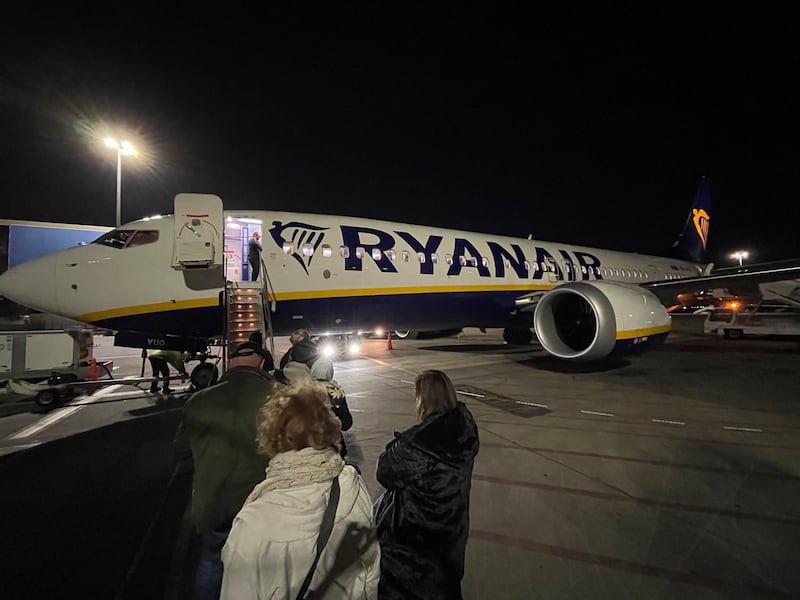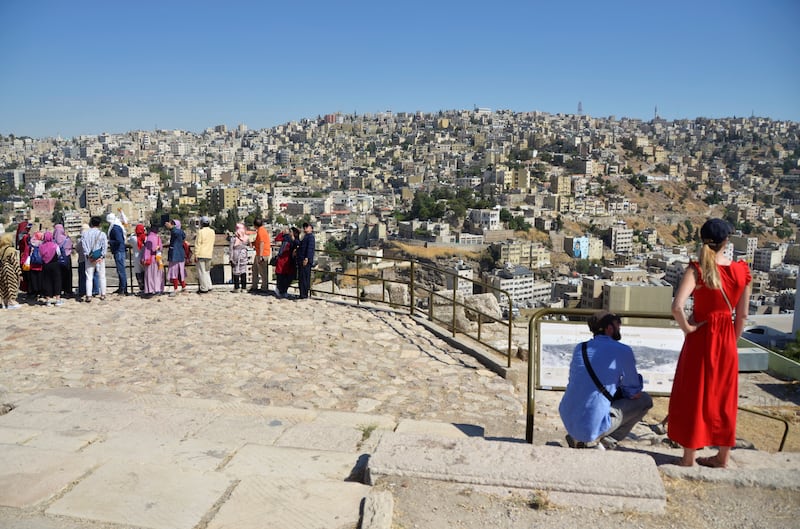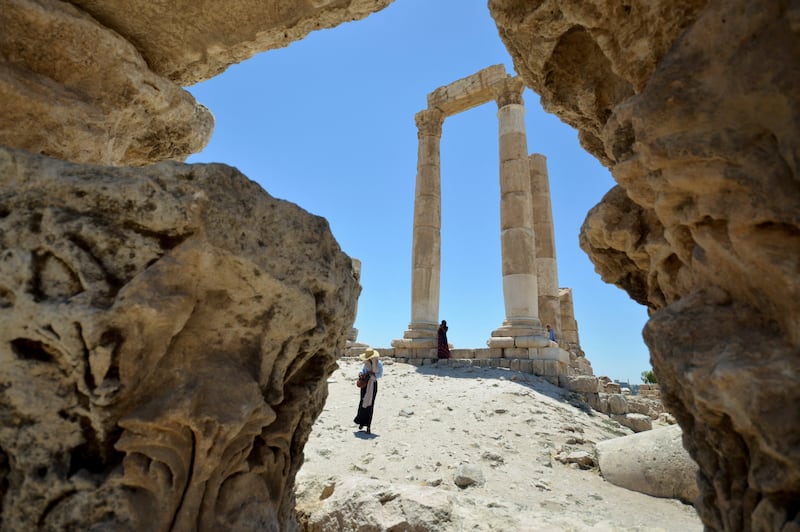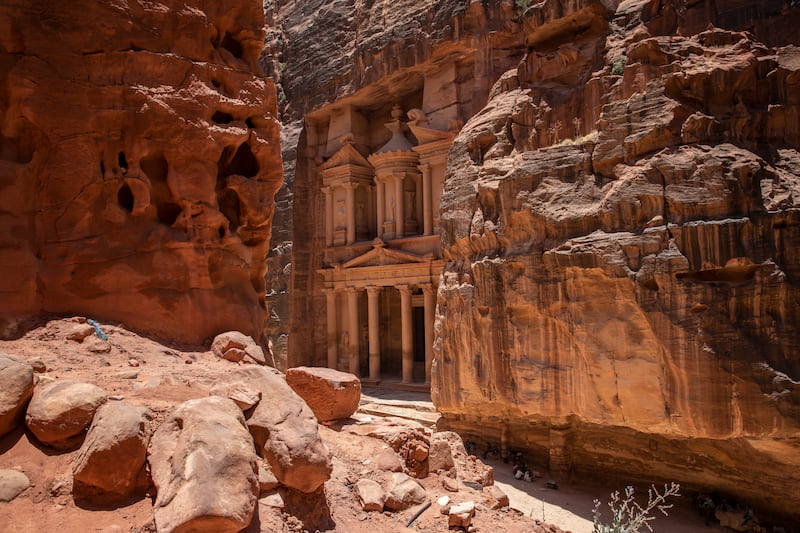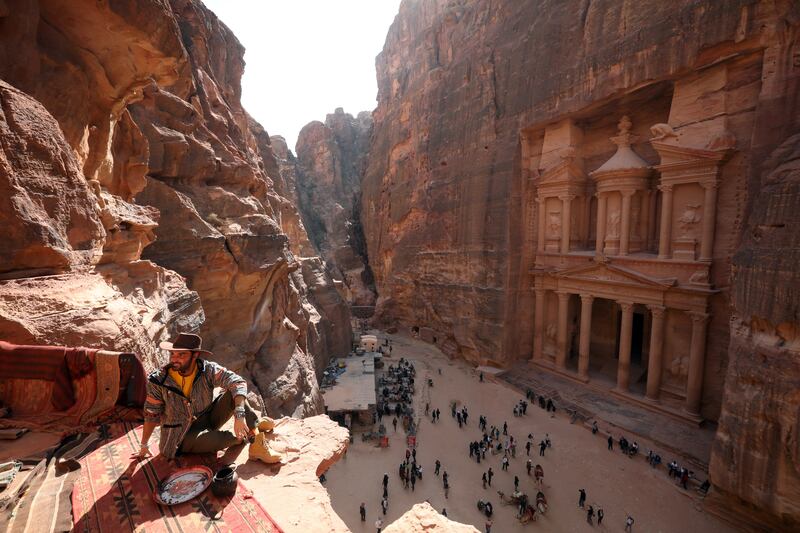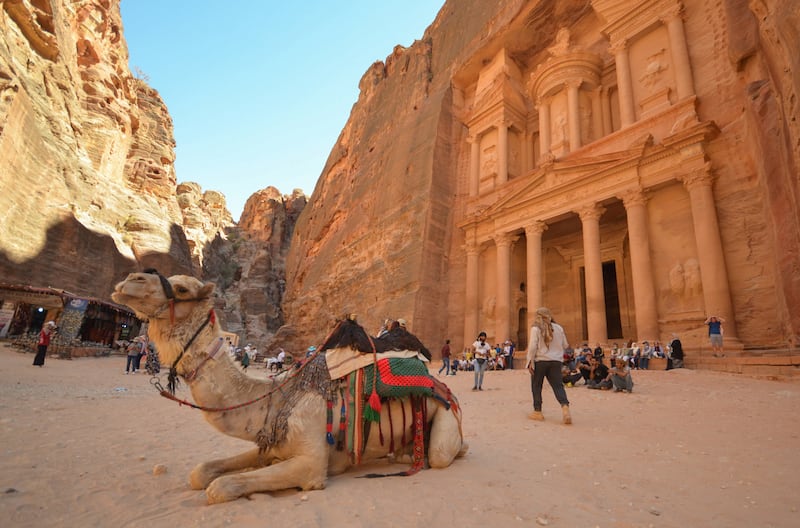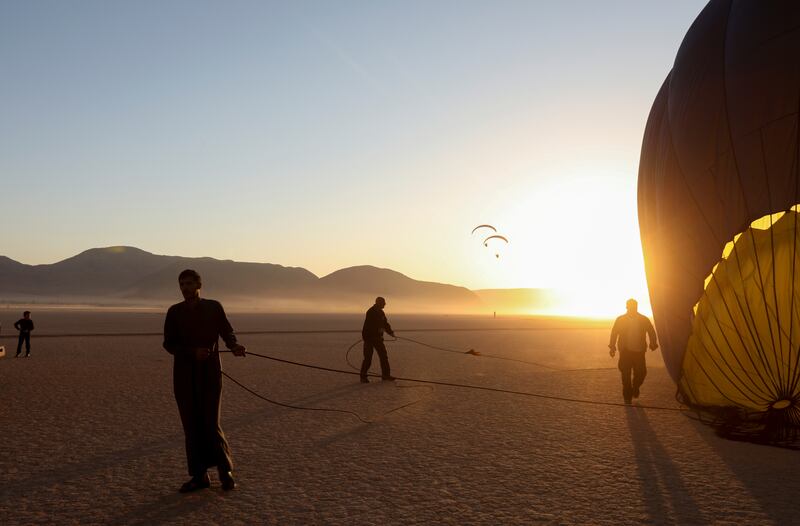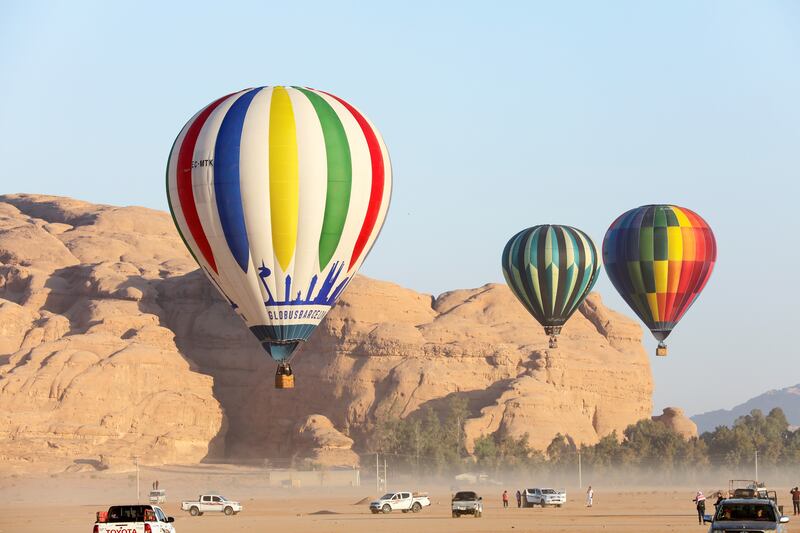Jordanian leather maker Ahmad Maghribi learnt his craft by watching YouTube videos before opening his shop in an old district of Amman four years ago.
He makes wallets, pouches and bags designed by him and his wife, from Turkish leather tanned at a factory in Hebron.
Mr Maghribi’s merchandise is pricier than the mass Chinese-produced goods in the market. His customer base is also limited by rough economic conditions in Jordan, and at least 23 per cent unemployment.
But business has picked up since European budget airlines sharply increased the number of flights to the country last year, after authorities lifted Covid-19 restrictions.
A few weeks ago, a tourist from Venice bought a dark brown backpack with exterior pockets from Mr Maghribi.
Worth $225, it was the most expensive item in the shop.
“He was so happy that the backpack was made in Jordan that he went out of the shop wearing it,” says Mr Maghribi.
The threefold increase in budget airline traffic — mainly driven by Ryanair, and easyJet and Wizz Air to a lesser extent — to 77 flights a week has brought in a cross-section of western visitors and much-needed hard currency to Jordan’s stagnant economy.
It has spurred the development of businesses catering to the new arrivals — from hostels and trinkets to bespoke goods — although Jordan is one of the most expensive countries in the Middle East.
The kingdom’s relatively closed society has also been put in direct contact with people from across the continent, with Ryanair flying to Amman from Bologna, Brussels, Bucharest, Budapest, Krakow, Vienna, Paris, Madrid and 10 other European cities.
German tourist Anna Richard took a bus with her four-member family from Berlin to the Polish city of Poznan and flew from there to Amman on Ryanair.
They saved two thirds of the ticket price, compared with Lufthansa.
“Flying Lufthansa often means changing in Frankfurt, which is a nightmare. The new Berlin airport is also far away,” she says, referring to the airport on the eastern outskirts of the city.
“We wanted a biblical-archaeological trip, with time to relax at the Dead Sea, and we did not want to go to Israel,” Ms Richard says.
She says she was struck by “how expensive Jordan is”. The €75 ($79.42) entry fee for Petra, she says, was not worth it, given how commercialised the site has become.
But Wadi Rum, she says, remains for her one of the three most beautiful places in the world, together with Tibet and northern Switzerland.
Regional factors
The new appetite for Jordan is also linked to the upheaval that swept Syria and Lebanon over the past decade.
Chaos caused by financial meltdown in Lebanon and the civil war in Syria left Europeans keen on travelling to the Levant with little choice other than to make Jordan their primary destination.
Some come seeking a detailed introduction to Jordan's Roman sites. Others are more interested in hiking in the Wadi Rum desert valley or spending a few days floating in the Dead Sea.
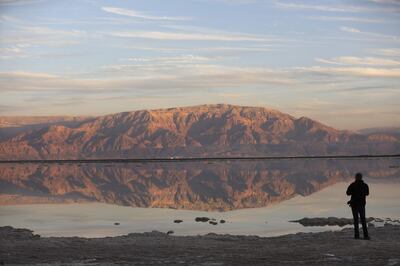
Amman has also become a centre to study Arabic, largely taking the position Damascus held before the 2011 revolt against five decades of Assad family rule.
Many young westerners with tourist visas extend their stay in Jordan to learn the language from private teachers or at several private academies.
However, protests and riots in December over unemployment and rising prices caused a dip in tourism activity before demand appeared to rebound, travel agents say.
The unrest was mainly in the south, where Petra and Wadi Rum are located, and resulted in the death of four police officers.
“We saw a decline in booking but it seems to have been temporary,” says an industry executive in Amman.
Government data shows that the number of foreign visitors to Petra quadrupled last year to 670,000, compared with 2021.
European arrivals, according to the central bank, rose to 304,000 in the first nine months of last year, from 142,000 in 2021.
“Low-cost passengers tend to spend less on the airline tickets, spend more during their visit and stay longer,” says Tourism Ministry spokesman Ahmad Rifai.
He says 40 per cent of European tourists arrive on low-cost flights.
Before Ryanair and the other budget airlines started flying to Jordan in 2018, the kingdom mainly received tourists travelling in groups who followed a rigid itinerary, stayed at large hotels and were taken mainly to the more famous sites in the country, with little interaction with Jordanians.
But now, “everyone is coming to Jordan,” says businessman Madian Al Jazira, who owns Books@Cafe, a franchise with two locations in Amman and the main destination for young Jordanian residents and visitors.
“There [are] lots of foreign individual travellers and they really have [affected] the economy,” says Mr Jazira. “Many are mingling with the people and a cultural exchange is happening.”
“Jordanians are also now able to travel more and get more out of their buck,” he says. “They becoming more exposed and, hence, becoming more tolerant.”
Improved city centre
A new hand-woven rug store opened recently to the left of Mr Maghribi’s leather goods shop. On the right, Abu Ahmad, Amman’s oldest shoe makers, gave his shop a makeover.
The facelift helped to attract Europeans who had been ordering his made-to-measure shoes.
“I rarely had foreigners come in and buy my shoes before,” he says. “If they don’t have time, they ask me to ship it to their home address.”
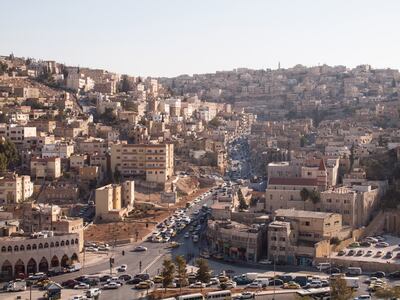
In the nearby centre of Amman, the new tourists have helped somewhat revive the area, which dates back to the 1920s. The area has been run down since many businesses left in the late 1980s and moved to newer parts in the western regions of the capital.
Some abandoned buildings have been converted into cheap hotels while the premises of closed businesses became souvenir shops.
Trinket shop owner Raed says many of his western customers buy key rings and other small items because they travel only with hand luggage, to save on ticket fares.
But he still receives more discerning clientele who fly Ryanair but look for quality items such as Jordanian embroidery and Hebron-made ceramics, of which he has run out of stock.
